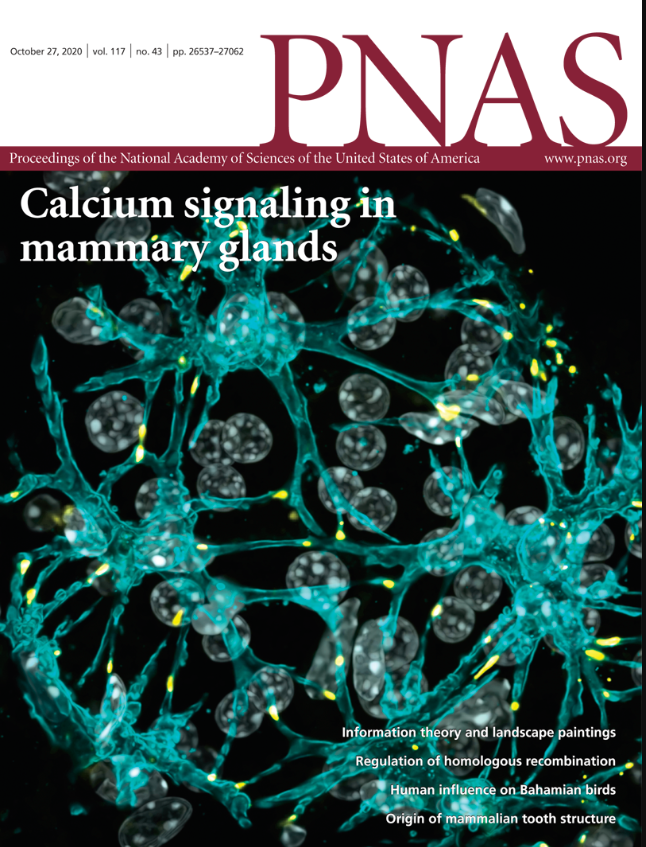From Proceedings of the National Academy of Sciences
Despite research on the causes of populism and on the narratives of populist leaders, there is little empirical work on the relationship between populist attitudes and behavior, notably including criminal behavior. Our overarching concern is the recurrent social volatility of metaphorical populist themes that are central to impactful political messaging. Drawing on a national United States survey conducted around the 2016 election, we use multilevel models to show that the politically charged exclusionary boundaries of “America First” populism are behaviorally connected to increased odds of having been arrested. We argue that the rapid redrawing of social boundaries that make up populist attitudes is closely connected with the effects of economic and political frustrations during times of rapid social change. In the process, we develop a behavioral analysis of the social volatility of the recurrent populist movement in America.

